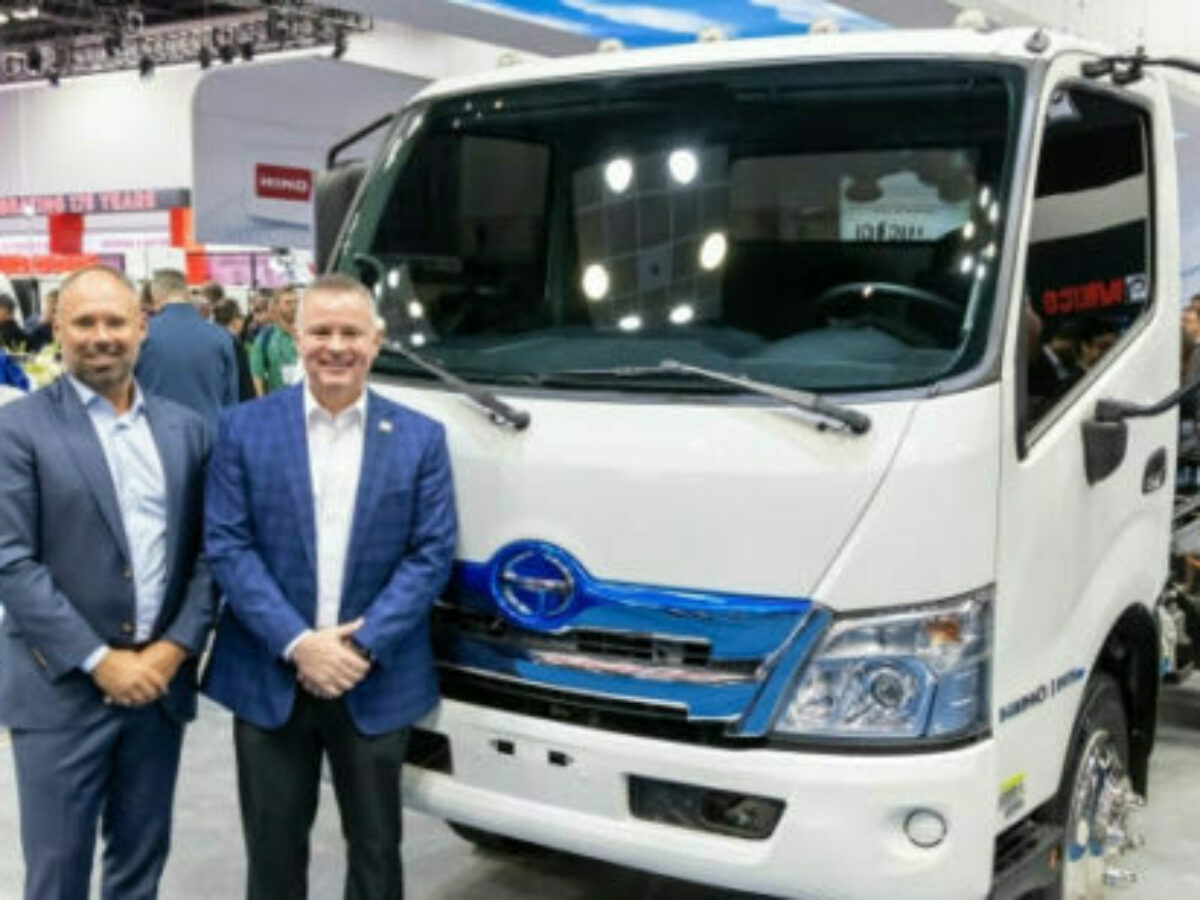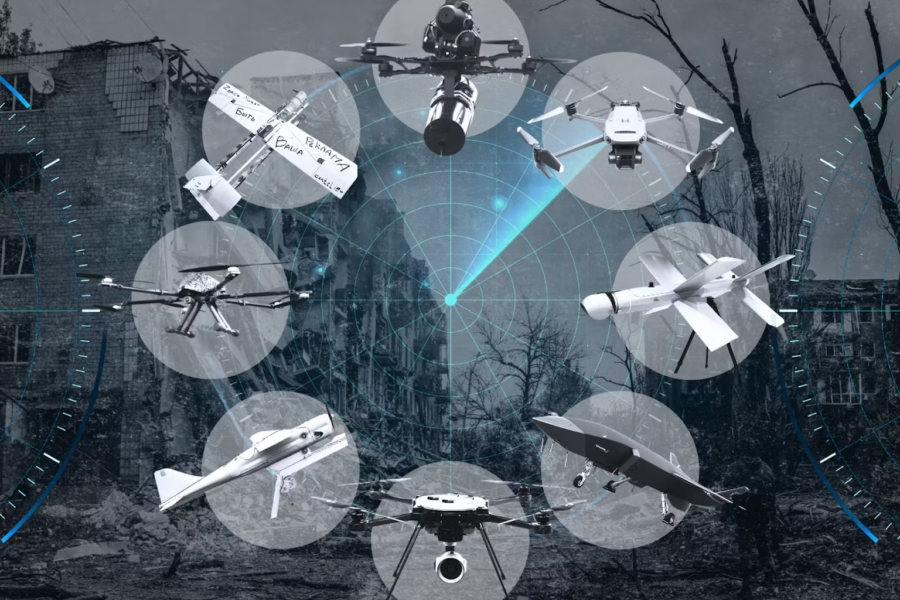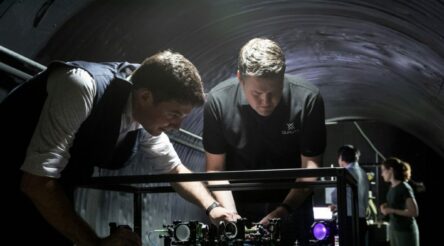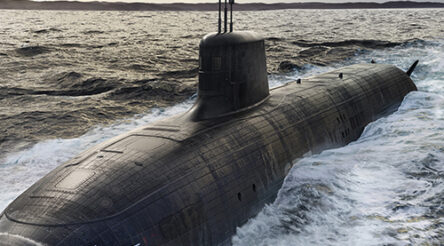Manufacturing news briefs — stories you might have missed

Australia's AI momentum examined
A new report prepared by Forrester Consulting and released by the National AI Centre (NAIC) has identified the potential of AI for Australian businesses as well as current implementation challenges. Australia’s AI Ecosystem Momentum report took feedback from over 200 business decision-makers and AI service providers. The top three benefits were found to be improved security, greater revenue growth and increased cyber safety, with significant advantages also derived from increased automation of internal processes and improved operational efficiency and effectiveness. 60 per cent of respondents indicated they are accelerating and expanding their offerings to meet market demand. However, project delivery was found to be complex, with most respondents needing to engage at least four AI service providers per project, more than six providers needed for 28 per cent of respondents, and only 17 per cent worked with a single provider. The report can be read here.
SEA Electric will power Hino Trucks’ M and L Series
SEA Electric has announced an expansion of its existing business relationship with Hino Trucks, following the sale of SEA Electric branded class 5 trucks, and paving the way for SEA Electric’s SEA-Drive power-system to be fitted to both the Hino Trucks’ M and L Series. The SEA-Drive 120a power-system was part of Project Z, Hino Trucks’ first advancement into zero-emission, medium-duty vehicles. “This is another monumental day for SEA Electric in our quest to electrify the world’s commercial fleets, and move to a zero emissions future,” said Tony Fairweather, the company's CEO and Founder. Further details of the arrangement will be announced “in due course”, according to SEA.
Quantum engineers create new tool for measuring spins
In a paper published over the weekend in the journal Science Advances, Associate Professor Jarryd Pla, Scientia Professor Andrea Morello, and other researchers described a new device that can measure the spins in materials with high precision. “The spin of an electron – whether it points up or down – is a fundamental property of nature,” said Pla. “Being able to detect the spins inside materials is therefore important for a whole range of applications.” A popular tool for measurement is called a spin resonance spectrometer. Normally, commercially produced spectrometers require billions to trillions of spins to get an accurate reading, but Pla and his colleagues were able to measure spins of electrons in the order of thousands, meaning the new tool was about a million times more sensitive. According to a statement from UNSW, Pla and Morello's university, the breakthrough came “almost by chance” while the team was developing a quantum memory element for a superconducting quantum computer.
Shipbuilding unions comment on subs announcement
The Australian Shipbuilding Federation of Unions (ASFU) has said it “cautiously acknowledges” the announcement in San Diego on Tuesday morning (AEDT) of the Australian, the United Kingdom and United States governments to commit to a joint-build of a new class of submarine. The ASFU said that the announcement “raises more questions than answers on how Australia will build the workforce of the future” and said it was seeking a commitment that the announcement “is not simply a repeat of successive governments’ failures to plan for the long term.” It listed its key priorities for the Osborne Naval Shipyard and the AUKUS project, including a joint union/industry led workforce development program in South Australia; establishing a precinct-wide industrial agreement to facilitate the interoperability of the AUKUS project between firms located at Osborne, and within the broader defence industry; a building program in SA to ensure a skilled workforce is developed immediately; and a commitment to ASFU consultation and direct involvement in the international UK/USA workforce exchange program.
Universities Australia says tertiary education key to defence commitments
AUKUS is “one of the greatest industrial challenges in our history,” Universities Australia has said, and Australian universities will play a major part in skilling the workforce needed, with most of the 20,000 jobs expected to be created under the plan requiring university qualifications. Universities Australia Chief Executive Catriona Jackson said universities, working with government and industry, will be relied on for the workers to build, maintain and operate nuclear submarines. “Universities have a critical role to play in providing the highly educated workers required for its success,” said Jackson. “The knowledge and skills needed at every stage of the plan are taught in our institutions.”
New appointment to EMVision's Clinical Advisory Board
Stroke detection machine maker EMVision Medical Devices has announced the appointment Professor Alan Coulthard, a medical imaging and stroke care specialist, to the company's Clinical Advisory Board. Coulthard is Professor of Neuroradiology at the University of Queensland, a full-time Senior Staff Specialist in diagnostic and interventional neuroradiology at the Royal Brisbane and Women’s Hospital, and Director of Research for the Department of Medical Imaging with an emphasis on mentoring junior doctors in research. EMVision CEO, Dr Ron Weinberger, said, “Alan will bring further insight and skills to our already impressive clinical team to ensure that we are developing a fit for purpose commercial product. His willingness to come on board reflects the support that exists to treat stroke in the most timely and urgent way possible” The appointment is an unsalaried position.
Picture: Tony Fairweather, SEA Electric CEO and Founder and Glenn Ellis, President of Hino Trucks (supplied)
Topics Defence Manufacturing News
@aumanufacturing Sections
Analysis and Commentary Awards casino reviews Defence Gambling Manufacturing News Online Casino Podcast Technology Videos





